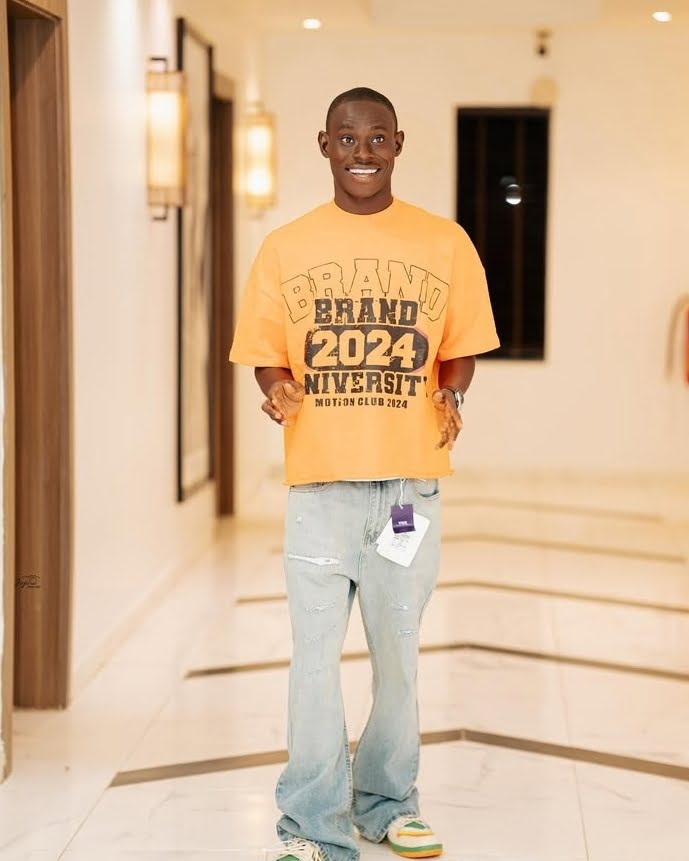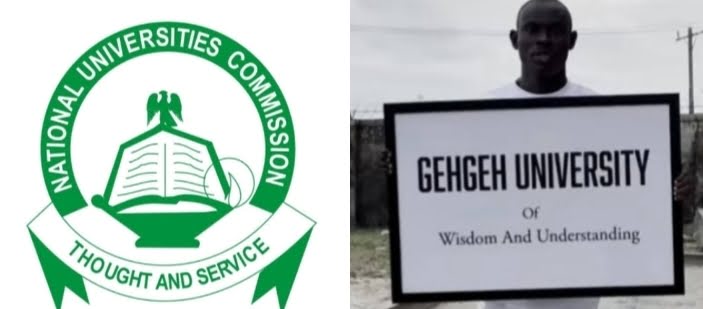A group made up of lecturers, students, old students, and worried Nigerians has asked the National Universities Commission (NUC) to take strong action against comedians and social media influencers who pretend to run “universities” online.
They sent a protest letter to the NUC’s Executive Secretary and Board. In the letter, they complained about the rising trend of people naming their social media platforms as fake schools, such as “Geh Geh University” and “Blessing CEO University.” According to them, this is not just a harmless joke, it could actually damage the value and reputation of real universities in Nigeria.

Dr. Charles Ekeh, who spoke for the group called the Coalition for the Protection of Academic Integrity in Nigeria, explained that the word “university” is not an ordinary name. He said it is a special legal title that only accredited institutions are allowed to use. For a school to call itself a university, it must go through a very strict approval process. Allowing comedians or influencers to casually use the word, he said, reduces the respect people have for real universities.
The group also reminded the NUC that the law already forbids any person or organisation from calling itself a university without government approval. If the NUC ignores this, they warned, more parody accounts will appear, and the NUC’s authority as a regulator will be weakened. Even worse, some people who do not know the difference might actually believe these fake “universities” are real and end up being tricked or scammed.
Dr. Ekeh added that when comedians compare themselves to universities, it makes the hard work of real institutions look like a joke. He warned that this could damage Nigeria’s image internationally and might also encourage fake schools (degree mills) to hide under the excuse of “just being comedy” while deceiving people.
Because of this, the coalition has urged the NUC to issue a strong public statement condemning such activities, send legal warning letters to those involved, work with the National Communication Commission and social media companies to enforce regulations, and carry out public education campaigns to help Nigerians identify which universities are truly accredited.
Finally, Dr. Ekeh clarified that they are not against comedy or creativity. Their main concern is protecting the dignity and seriousness of education. In his words, “Defending the integrity of our universities is no laughing matter.”































